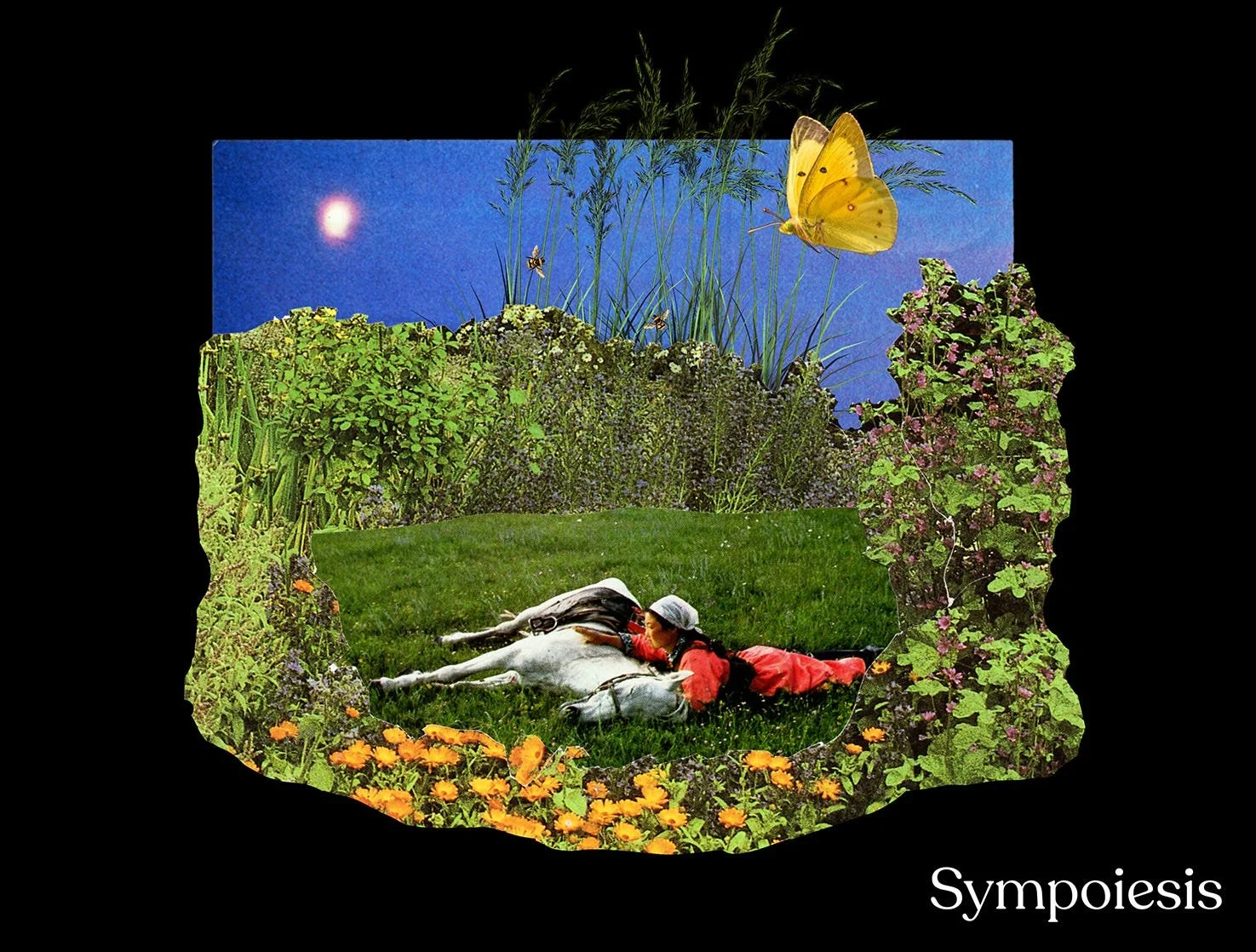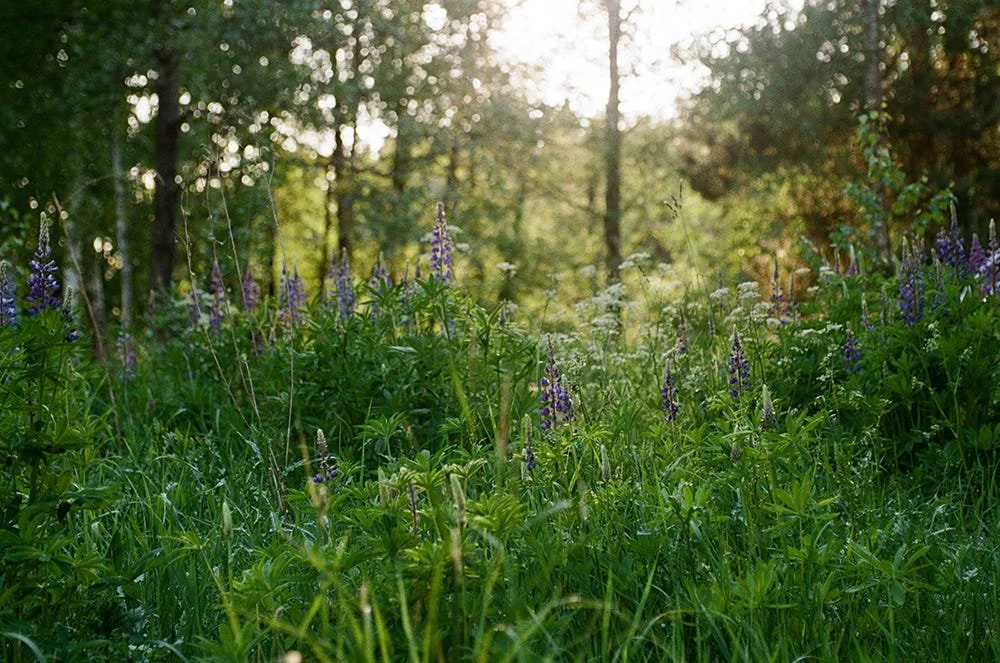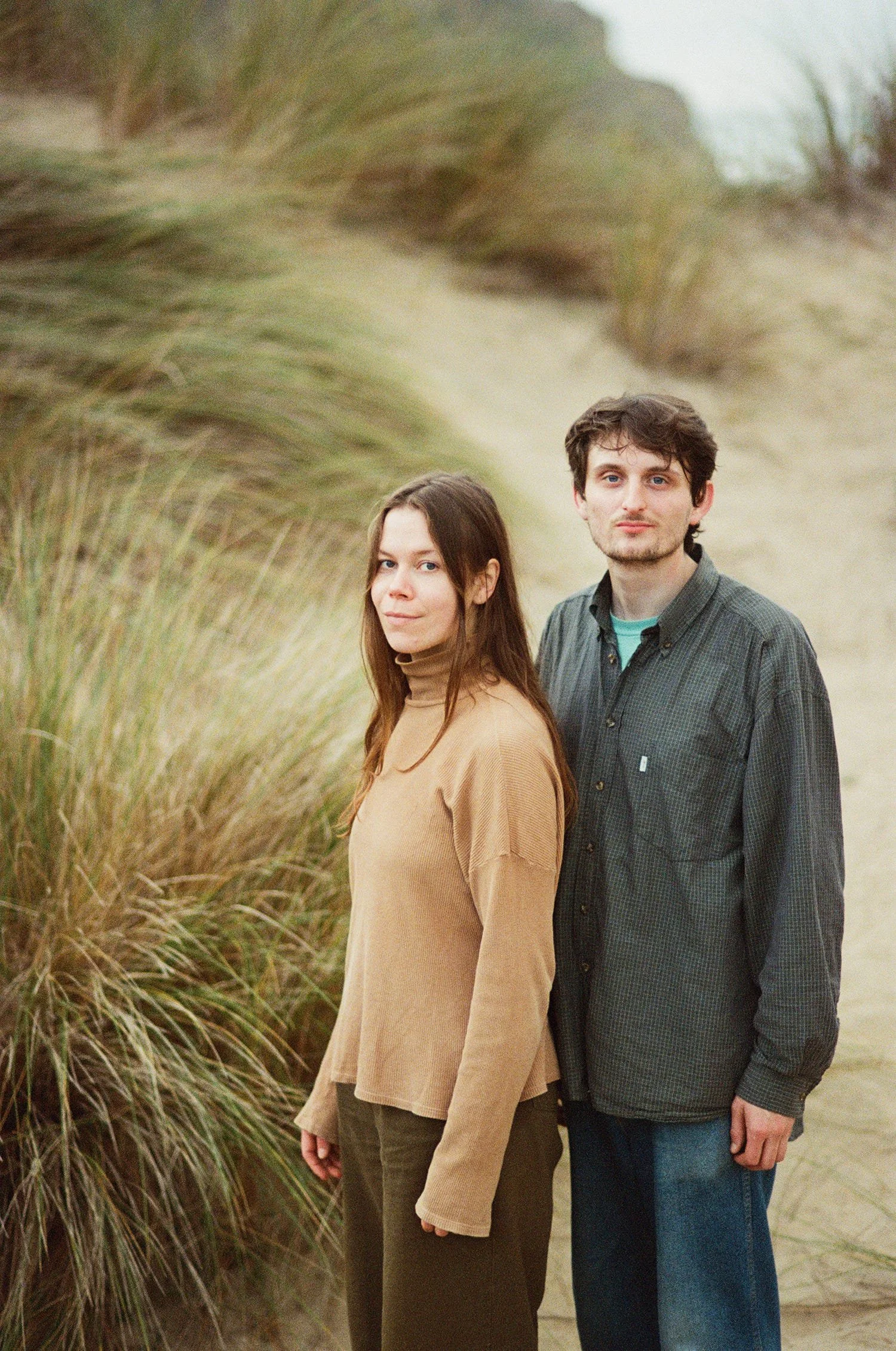Antipoiesis or the Unmaking of Worlds
This publication was first published in our Substack newsletter here.
We kicked off 2024 with mixed feelings.
On one hand, we feel grateful for what last year has given us.
As founders, we launched Sympoiesis for two reasons: For one, the conviction that who we are today and who we are capable of becoming is a relational process, a co-evolving with and alongside countless “others”. This is what Donnah Harraway called Sympoiesis — likewise, the origin of our name.
In a series of three short essays, we introduced what we mean by sympoiesis. The pattern that connects them is the understanding that life co-arises through the meeting and interacting of bodies. No living organism can exist in isolation. “Nature sustains life by creating and nurturing communities”, says systems theorist and deep ecologist Fritjof Capra.
This understanding is not new, but as Rūta argued, a “recovery of our relational memory”. Sympoiesis is the estuary, where two opposites of the same substance — fresh water and salty water, meet and exchange, creating a vital hotbed that births new lifeforms. In an estuary, the river experiences the tidal pull of the moon while the ocean experiences itself meandering and in flow. New possibilities come alive that were previously unimaginable. This is important because if we know how and where novelty and life-affirming innovation are created, we can tend to the conditions for them to develop further and thrive.
The second reason has to do with our mission, which was born out of the desire to bring people together to re-imagine systems and practices that are in service to the vitality and evolution of both human and more-than-human beings.
We acknowledged early on that to realize this, we need to walk our planet with a different orientation towards one another and companion species. Humility, reverence, and deep caring are at the heart of that orientation.
What is needed is a fusing between “ethics of care”, originally attributed to the work of psychologist Carol Gilligan, and Albert Schweitzer’s “Reverence for Life” — which is also resonant with many indigenous cosmologies. Central to these ethical orientations is the recognition that relationships as the foundation of life and the precursor to “the individual”. It’s a practical philosophy that sees all species as worthy of care and respect and in need of a curious approach.
Meadows brim with life and are always evolving and in co-becoming. Copyright: Niels Devisscher, 2024
Spaces to Metabolize Loss
On the other hand, we feel deeply saddened by what is happening in the world, not least by the terror waged against Palestinians and their violent displacement from their homelands, for which they have cared and cultivated for generations. What we’re witnessing is an unmaking of the world or antipoiesis.
At the root of antipoiesis is an unmetabolized pain stored in our bodies in the form of trauma, which keeps us captive to habitual patterns of behavior. It makes us vulnerable to fear-based and polarizing politics that draw on collective reservoirs of unprocessed pain.
Such politics seek to other and set people apart from each other by denying any possibility for common humanity, shared identity, or meaning-making. By restating a false illusion that our “group” is separate from or more worthy than another, any interaction with those others, we are made to believe, might endanger our sense of self and our future.
How can we co-exist peacefully, and what might become possible between us when we do? What story is large enough to provide a shared sense of coherence and respect and celebrate individual differences?
We’ve also learned that regeneration is not possible without metabolizing the loss we experience. That’s why our renewed vision is to develop our collective response-ability to metabolize loss and regenerate living systems.
One cannot exist without the other. They’re deeply interwoven. When grief cannot be metabolized and processed outwardly it gets stored in our body. Grief needs a refuge — a safe container to express itself — at its own pace. Our vulnerability must be met with vulnerability.
Untended grief, compounded on a collective level, degenerates living systems. Yet grief, when processed, opens us up to life; takes us outward and into closer relationships with those we love and the wider community of species. It infuses our lives with new meaning.
To accommodate the need for spaces to grieve (and to grieve for those who are in the midst of conflicts and don’t have the space to do so, as Ukrainian-Palestinian Psychologist Sima Basel reminded us) and express our devotion to the world, we’ll be facilitating a session in the coming month.
Engage
Listen to the podcast Coconut Thinking with Benjamin Freud, Ph.D. where he interviewed Rūta Žemčugovaitė about her work and Sympoiesis.
Read the print of Robida Magazine issue on Soils, where Rūta has published her essay Psychic Geologies.
Attend a free re:storied workshop (March 6th) for communicators in regenerative movement.



